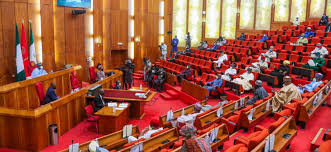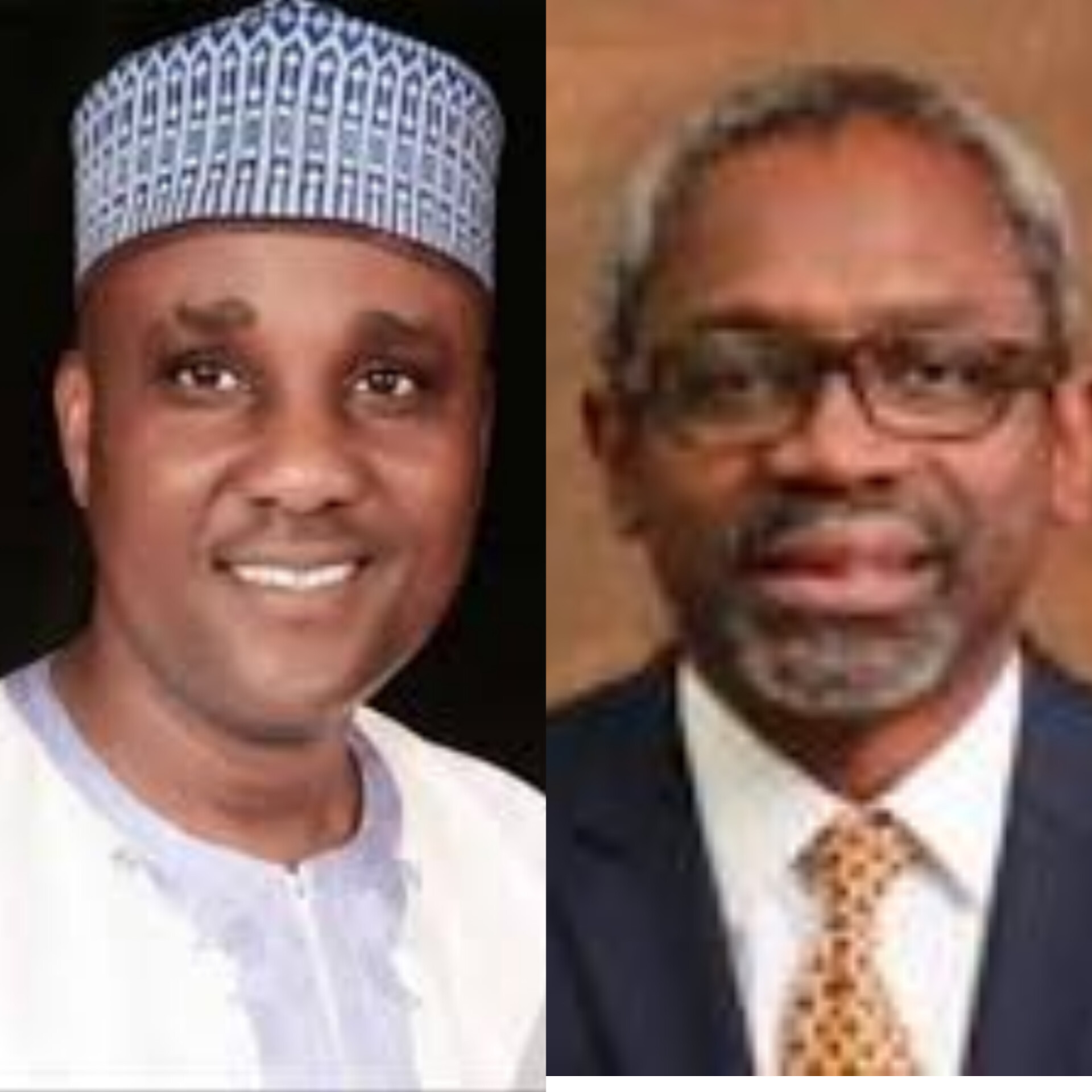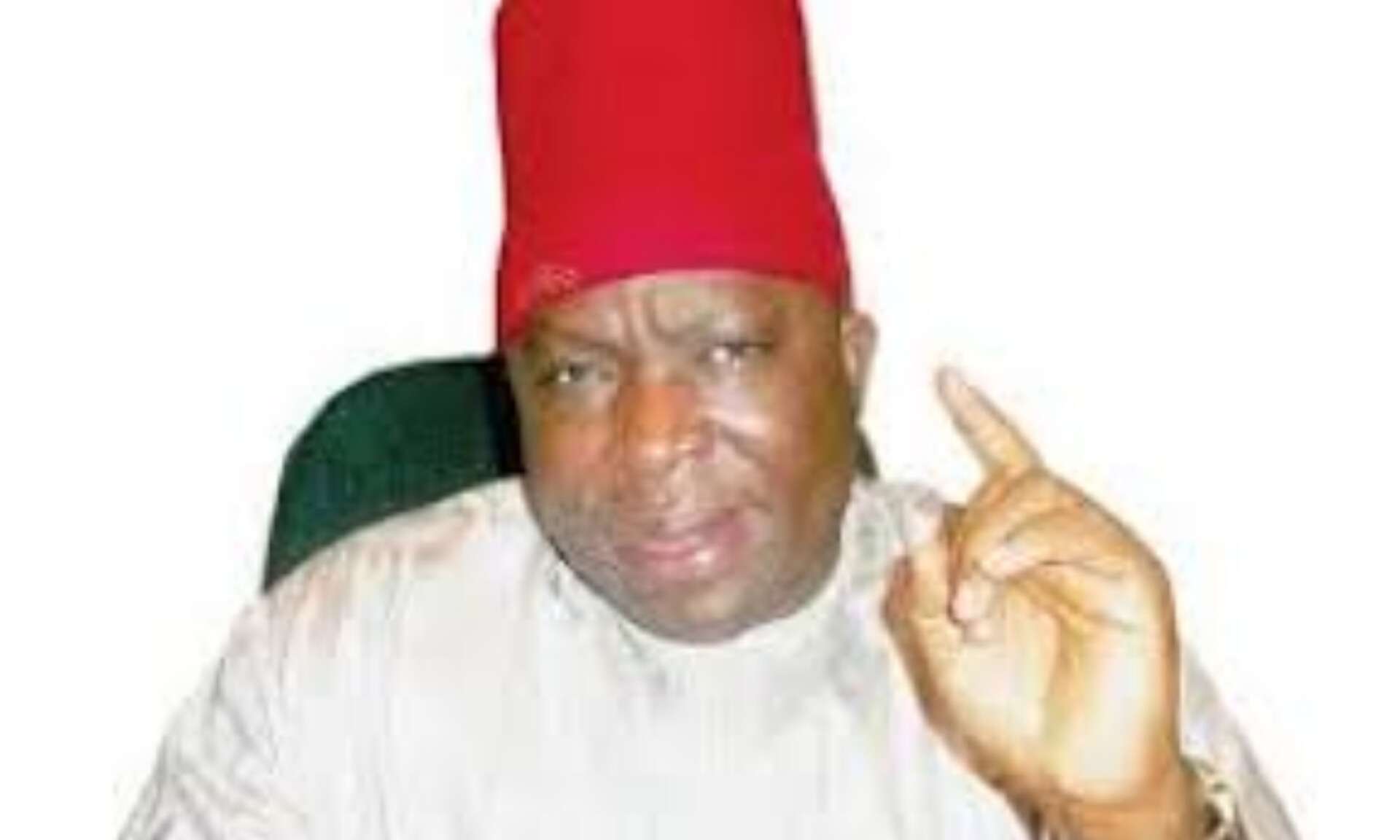***as it approves N2.176trn 2023 supplementary budget
In the midst of severe hardship faced by Nigerians in recent months, the Senate on Thursday approved supplementary budget for the renovation in the presidency with a whooping sum of N13.5 billion.
The approval also corvered purchase of official vehicles for the First Lady’s Office with N1.5bn contained in the budget.

A breakdown analysis of the expenses for the Presidency in the budget included
renovation of residential quarters for the President to gulp 4bn, renovation of Aguda House to gulp N2.5bn, renovation of Dodan Barracks, official residence of the President in Lagos to gulp N4bn, renovation of official quarters of vice president in Lagos to gulp N3bn.
The expenses will be funded from the N2.176trn supplementary budget The Senate passed.
The proposed expenditure for Tinubu and Shettima’s residences’ renovation and the purchase of official cars for the Office of the First Lady are part of the N28 billion budgeted for the State House in the 2023 supplementary budget.
Other items for the State House include; the purchase of SUV vehicles at N2.9 billion and the replacement of operational pool vehicles at N2.9 billion.
While the renovation of Aguda House would gulp N2.5bn; computerization and digitalisation of the State House was allocated N200m.
The senate, had expeditiously passed the N2.176 trillion 2023 supplementary budget transmitted to it by President Bola Ahmed Tinubu on Tuesday.
The budget was passed within 48hrs it was brought to the red chamber following the adoption of a report by the Appropriations Committee, presented by the chairman, Senator Adeola Olamilekan (Ogun West) during plenary.
President Tinubu had, in a letter read at plenary asked the federal lawmakers to approved the proposal, the second of such this year after N819.5 billion was approved to provide palliatives for poor Nigerians.
The president, in his letter, said it had become necessary to make further provision for additional palliative measures, including the wage award for public servants and the enhanced Cash Transfer Programme which is intended to benefit the most vulnerable members of society.
“In addition, critical defence expenditures are also urgently required to provide for peace and the security of lives and property without which the government’s economic growth agenda cannot be achieved.
“Similarly, critical investments are also required to construct much needed infrastructure, particularly roads, which projects must be commenced within the (dry season) period between now and the end of the year,” he added.
A detail of the 2023 Supplementary budget indicated that, N1.010.802,015,985 was for Recurrent expenditure while N1.165,989,270,049 was for Capital expenditure.”
The supplementary budget which was read for the first time on Tuesday was passed for second reading at the senate on Tuesday.
The budget has a capital component of N1.165 trillion and a recurrent component of N1.010 trillion.
The breakdown of the allocations to sectors and agencies shows that, Service Wide Vote takes the lion share of N615 billion followed by the Ministry of Defence with N476.5 billion while Federal Ministry of Works gets N300 billion.
The State House is to gulp 28 billion; the Federal Ministry of Agriculture and Food Security gets N200 billion; Ministry of Housing, N100 billion; Department of State Services, N49 billion while the FCTA gets N100 billion.
Also, Police formations and commands were allocated N50 billion; Office of the National Security Adviser (NSA), N29.7 billion; Capital supplementation was allocated N210 billion while the Independent National Electoral Commission (INEC) gets N18 billion




